Kilimanjaro Climbing Essentials
Kilimanjaro and Meru’s varied bioregions and weather patterns can make preparations daunting, so please follow our detailed packing guidelines to stay safe and comfortable during your trek.
As with most high altitude adventures, you’ll encounter various weather patterns and conditions as you progress up Kilimanjaro and Meru. We have created this detailed packing guide to help you summit successfully and have a comfortable and safe climb. For Meru, you may need less performance gear; let us know if you have any specific questions.
Porters will walk ahead of you on the trail. The same porter will carry your bag each day and will place it in your tent’s vestibule. Your tents will be set up when you arrive at camp, but you will unpack your own gear bag. For Mount Meru, you will receive your gear bag when you arrive at the rest station.
In addition to your gear bag, please pack a daypack to carry during the hike each day. We recommend carrying the following items in your daypack: rain gear, two to three liters of water, camera, lunch, extra fleece jacket, passport, and money. If you usually drink a lot of water while hiking, we recommend carrying four liters in your day pack. Be sure your daypack has a waist strap and good back and shoulder support.
You will not have access to the luggage carried by the porter until you reach the camp/hut each evening.
As Kilimanjaro and Meru can be rainy, please carry waterproof jacket and pants in your daypack. A good pair of waterproof hiking shoes is also necessary for each day of hiking and most importantly, the final summit day. Although Duma's head guides carry first aid kits, we recommend that each person has their own first aid kit with essentials such as topical antibiotic, bandages, moleskin, and prescription medicines. Please note that you may need to alter the quantity of items listed on the packing list based on the length of your climb.
Because of weight restrictions on porters' bags, each climber’s gear bag must weigh no more than 15 kilograms (33 pounds). We place your gear bag in a waterproof bag after you arrive at the gate. We recommend packing your sleeping bag and clothing inside plastic bags in case of heavy downpours.
0 degree Fahrenheit sleeping bag: $45 each
Shell/insulated layer combination: $45 for a waterproof layer combined with a down layer
Walking stick (pair): $35 each
Jackets and pants: $15 each item
Hats, gloves, gaiters and balaclava: $10 each item
Please give us as much notice as possible on items you need to rent as we have limited quantities of some items.
We often have climbers who would like to send used gear to our porters and guides. If you would be willing to have things sent to you to carry over for our staff please let us know. Boots, sleeping bags, and rain gear are especially welcome.
Packing List
Waterproof hiking boots 1
Tennis shoes or light hikers 1
Wool/polypro socks 5
Polypro shirt 2
Polypro long underwear (top and bottom) 1 of each
Hiking shorts 1
Hiking pants 2
Fleece pants 1
Wool or fleece pullover 2
Water/wind proof jacket 1
Water/wind proof pants 1
Wool/fleece gloves medium weight 1
Wool/fleece gloves heavy weight 1
Wool/synthetic stocking cap 1
Sun hat 1
Gaiters 1
Sunglasses 1
Balaclava 1
Trekking poles 1 pair
Expedition pack or large duffel bag 1
Waterproof day pack cover 1
Day pack 1
Sleeping bag (rated to 0 F) 1
Headlamp and spare batteries/bulb 1
Camp towel 1
Water bottles (1 liter) 3
CamelBak 1
Sunscreen and lip balm 30+ SPF 1
Ziploc bags of various sizes
Lightweight toiletries
Tissues and wetwipes
Extra batteries
Travel wallet 1
Camera
Energy bars and electrolyte powder & snacks (energy gel/gu is best for summit day) (please note these are not available in Tanzania)
First Aid Kit
Anti-malarial medicines (for safari)
Cipro (GI, general antibiotic)
Diamox
Headache medicine (ibuprofen)
Imodium (diarrhea medicine)
Pepto or antacid
Flu/sinus medicine
Neosporin
Band-aids and moleskin for blisters


